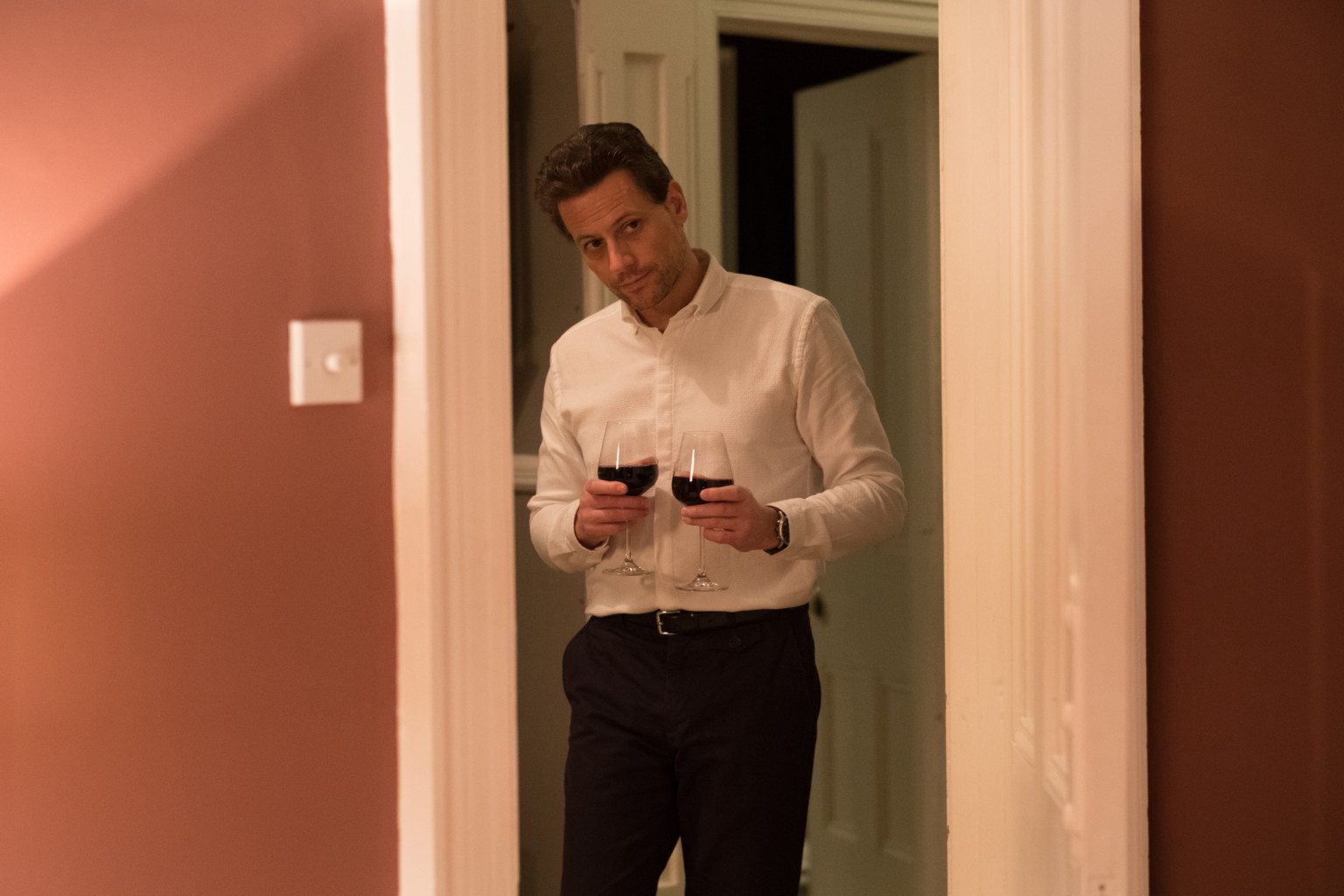Does Liar prove there can never be an unproblematic drama about rape?
The ITV drama Liar has attracted a lot of attention on social media and in the press due to its bold attempt to portray the sensitive subject matter of rape. The series centres on schoolteacher, Laura Nielson (Joanna Froggart), who becomes a victim of rape when she is drugged by the outwardly suave doctor and single father, Andrew Earlham (Ioan Gruffudd). Unfortunately, the series falls seriously short of being a worthwhile discussion on the subject, calling into question the possibility that a well-written drama about a rape will ever reach our screens.
The most glaring fault to arise from this series is the seriously misjudged depiction of Gruffudd’s character, the predator and villain of the show. At first, we are drawn to consider sympathising with Andrew Earlham, as the writers teased the possibility that he was the real victim here, an innocent who was suffering a demolished reputation due to a fabricated accusation from a woman who can’t be trusted. Many viewers may have realised early on that we were being led astray. Not only would it have been extremely unlikely for a drama to get away with presenting the woman as the villain in a rape situation, it’s also unwise to assume what seems obvious so early on in a drama of this sort, particularly one penned by the duo who gave us The Missing.
Creating a drama around such a sensitive topic will always be problematic, but that doesn’t mean it cannot be done better than this
There was some potential here. Andrew Earlham started to look like he was a sexual predator who sincerely believed in his own façade. He was a man who believed that a successful date and a kiss constituted consent, in much the same way that fellow sexual predator Dennis Walters (Peter Davison) felt it was so justified to grope Laura that the accusations against him ‘may as well have been’ made up. The fact that Andrew then views Dennis with disgust suggested that he was suffocating even deeper in his own lie and his own conviction of morality. Was he so deluded by a toxic perception that his charming and benevolent persona was actually real, and could coexist with a man who drugged his date to sleep with her?
No. Because by the end of the third episode, it was becoming clear that Andrew was not quite as complex as this. Before long, he devolved into an unconvincing pantomime villain. He breaks into Laura’s house, he leers after police investigator DI Vanessa Harmon (Shelley Conn), and he has his own lair, in a locked shed in his mother’s garden. Worst of all, is the scene where he creeps into the house of DI Harmon and violates her drugged body – a perverted crime on a whole different level to the initial rape two episodes earlier. Any shred of credibility the show was clinging onto was gone by this point, and it ceased to hold up as a sensitive portrayal of sexual crimes.

Andrew Earlham was initially a compelling character in the show’s early episodes, but he quickly became a pantomime villain. Credit: ITV/Joss Barratt
But, even before this, Liar had lost my attention and failed to strike me as a drama that was worth my time. It is filled with characters without personality (the police inspectors for at least the first two episodes), coincidences and contrivances (Laura and Andrew being forced to share in a lie in episode three) and a divorce subplot that we’ve seen a hundred times before and have no real reason to invest in.
It sometimes shows potential, and the way in which it tackles the legal and mental problems of a rape victim is often quite effective. Joanna Froggart’s character is probably the strongest element of the show, and so proves that a compelling and resonant look at such a delicate issue can be done. After the initial question of who is lying is out the way, Laura earns the sympathy of the audience as we realise that the bitter, self-loathing character that we see is a shadow of her former self.
Creating a drama around such a sensitive topic will always be problematic, but that doesn’t mean it cannot be done better than this. Any drama looking so closely at rape perpetrators and victims is likely to come under a fair bit of scrutiny, but Liar really misses the mark. Whilst the character of Laura offers a relatively nuanced and realistic look at the suffering of victims, this is lost among an uncompelling drama and a rapist who is so far removed from the real world, that the issue is trivialised and made infinitely less credible.

Comments